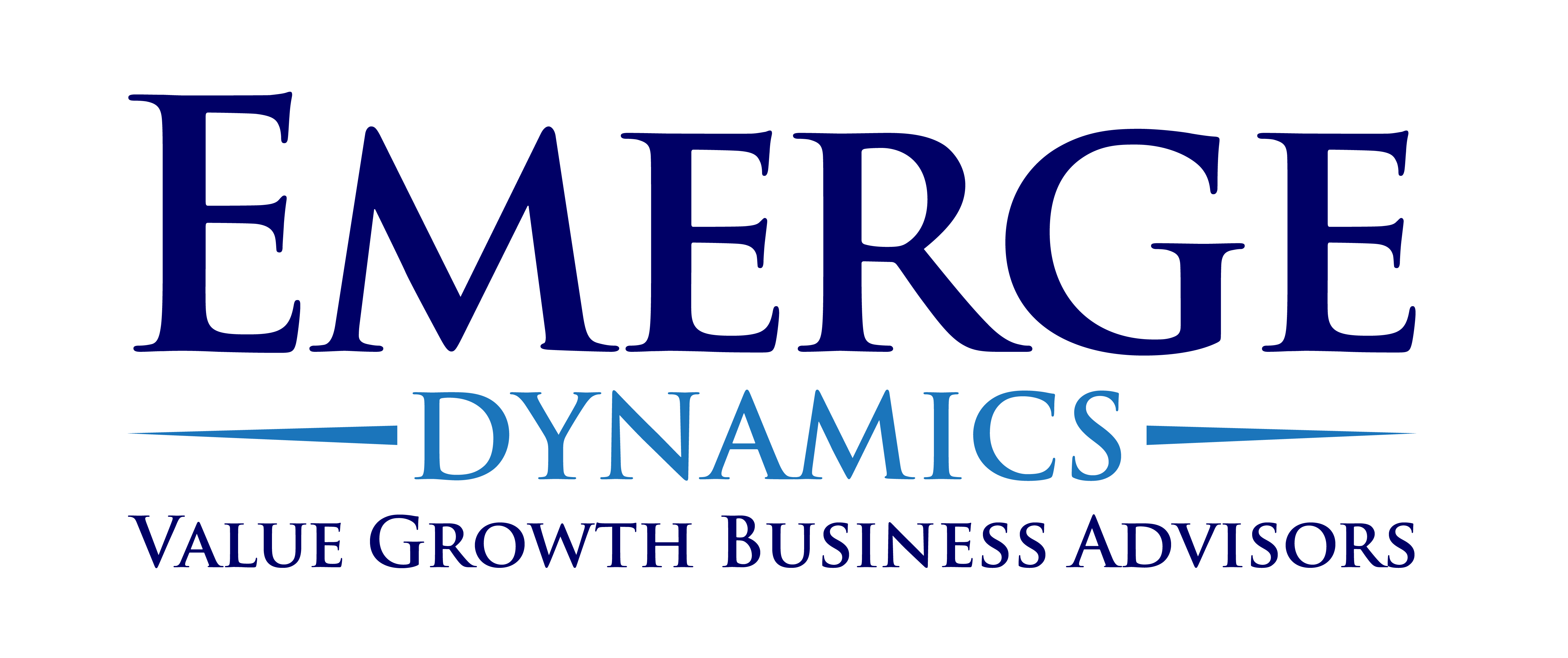Curious to look ahead at how an economic downturn might impact your business? Looking ahead is the first step to being prepared. When a downturn starts, the mainstream narrative explains that a recession begins when consumers stop spending, as if all consumers suddenly wake up one day and decide not to spend money.
Looking deeper, there is a reason consumers decide to stop spending less. Further to this, consumers don’t stop spending entirely—there are certain goods they will still need. As a result, businesses are affected differently across industries. The consumer goods industry, especially non-discretionary consumer goods businesses, are typically the least impacted during an economic downturn.
For example, the degree to which a household buys toilet paper does not fluctuate based on market prices. Personal consumption stays relatively stable over time. Knowing this can help you anticipate the best ways to meet your customers’ needs no matter what state the economy is in.
Another example of anticipating this shift and pivoting might be in real estate. Many people who could afford a mortgage may find themselves moving into a rental property. If your customers are usually homeowners, consider how you might be able to serve the rental community. Being able to meet your customers where they are at in an economic downturn supports them and your business.
If you’re an investor wondering where the best place would be to put your money, the same idea applies. Discount stores and pawn shops tend to do well during downturns. As a business owner, it’s time to consider how you might reallocate your resources during a downturn. It’s critical to understand what your business does and how you can match that with the needs of your customers.


Recent Comments